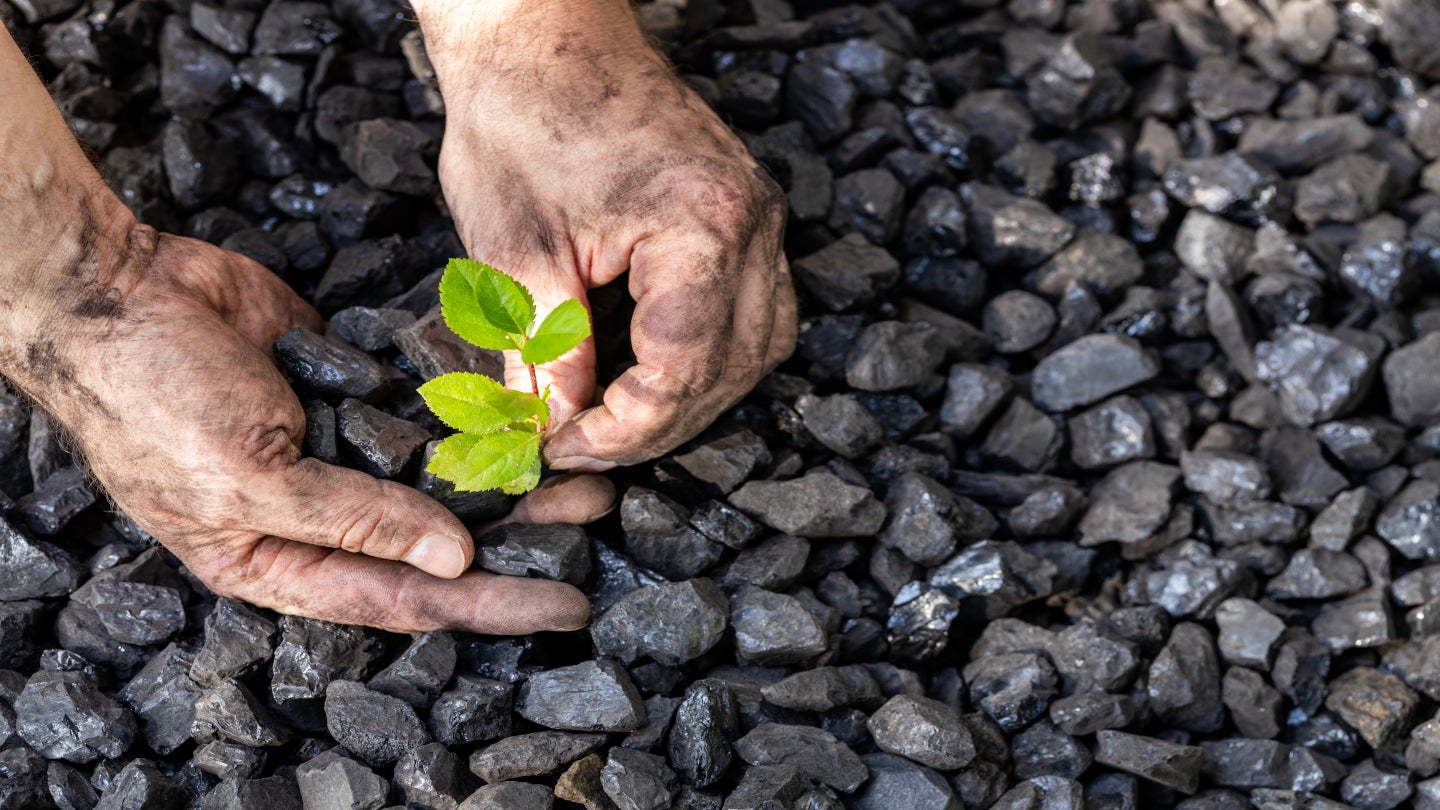Australia's Future Made in Australia Bill 2024: Boosting Renewable Energy Investment
Key Ideas
- The Australian Government is introducing tax incentives through the Future Made in Australia Bill 2024 to encourage private investment in renewable energy sectors.
- The bill includes incentives for renewable hydrogen production and critical minerals processing, offering financial support to projects from 2027–28 to 2039–2040.
- These tax incentives aim to create jobs, promote industrial growth, and drive economic resilience in alignment with the nation's net-zero strategy.
- Recipients of the incentives must adhere to community benefit principles outlined in the bill and meet operational requirements to qualify for the production tax credits.
The Australian Government is taking significant steps towards advancing its position in the global net-zero transformation with the introduction of the Future Made in Australia (Production Tax Credit and Other Measures) Bill 2024. This bill focuses on providing tax incentives to stimulate private sector investment in renewable energy sectors, aiming to create secure, well-paid jobs across the country. It includes incentives for renewable hydrogen production, offering $2/kg of renewable hydrogen produced over ten years per project starting from 2027–28. Additionally, a 10% tax credit on processing and refining costs is provided for the 31 critical minerals processed and refined during the same period. These measures are intended to leverage economic and industrial opportunities in line with the nation's net-zero strategy. The legislation emphasizes the importance of renewable hydrogen and critical minerals in global decarbonisation efforts, underlining Australia's commitment to sustainability. However, the receipt of these production tax incentives is contingent on projects becoming operational and contributing to the production of hydrogen or critical minerals used in eco-friendly products like wind turbines, solar panels, and electric vehicles. Moreover, recipients must ensure that their projects align with the community benefit principles outlined in the bill, with specific requirements to be detailed by the treasurer following further consultation.
Topics
Policy
Renewable Energy
Industry Development
Tax Incentives
Global Decarbonisation
Economic Resilience
Government Legislation
Latest News
